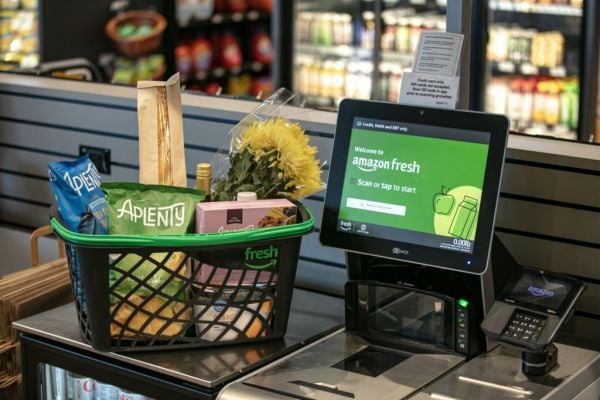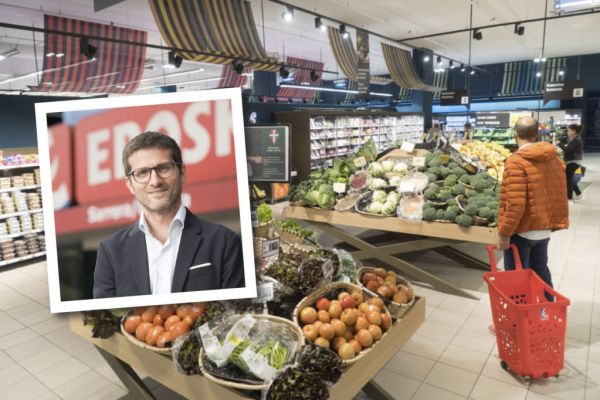A new study by Deloitte, carried out alongside retailer Ahold Delhaize, has found that grocery retailers are among the most trusted organisations to hold customer data, provided they meet consumer expectations around transparency, choice, and control over said data.
The report, The consumer data give and take, assessed sentiment on the use of customer data across 15 European countries, taking into account the views of some 15,000 respondents.
Younger Consumers
It found that just 30% of respondents across Europe are now 'unwilling' to share their data, with the willingness to share data highest among younger consumers and those that shop online line more frequently.
Young people in the 18 to 29 age group are more willing to share personal data (an average of 3.1 on a scale of 1 to 5), compared to those aged 60 years or older (2.6), the study found.
In addition, respondents who frequently conduct their grocery shopping online are more willing to share their information—the average for individuals who shop online on a weekly basis was 3.3 (on the scale 1 to 5), compared to 2.7 for those who never shop online.
Country By Country
Respondents from Romania and Greece are the most willing to share personal information; 38% and 35% respectively are “somewhat willing” or “very willing” to do so, according to the study.
Finland and Germany are least willing, with 8% and 15% respectively, while approximately a quarter of respondents in France (26%), Ireland (27%) and the UK (29%) are willing to share their data.
In terms of the type of data that consumers are willing to share, respondents were asked about their willingness to share 18 types of personal information, such as demographic data and information about health and income.
Some 59% are 'very willing' or 'somewhat willing' to share data on product purchase history and their level of education. Almost 40% of respondents are willing to share detailed health information such as allergies and heart rate. However, only 28% are willing to share location data, and fewer still are willing to share financial information.
Transparency Is Key
"It’s important that companies are transparent about what data they are collecting, what they are doing with it, what third-party data they are purchasing, and how are they leveraging it,” commented Daniel Murray, partner and head of consumer at Deloitte Ireland.
“Data-use allows for personalisation of products, enabling companies to be more efficient and create a better customer experience. But these benefits are only possible with trust: trust that the data economy is ultimately about serving the customer and not just about leveraging customer data for corporate benefit.”
© 2020 European Supermarket Magazine – your source for the latest retail news. Article by Stephen Wynne-Jones. Click subscribe to sign up to ESM: The European Supermarket Magazine.














